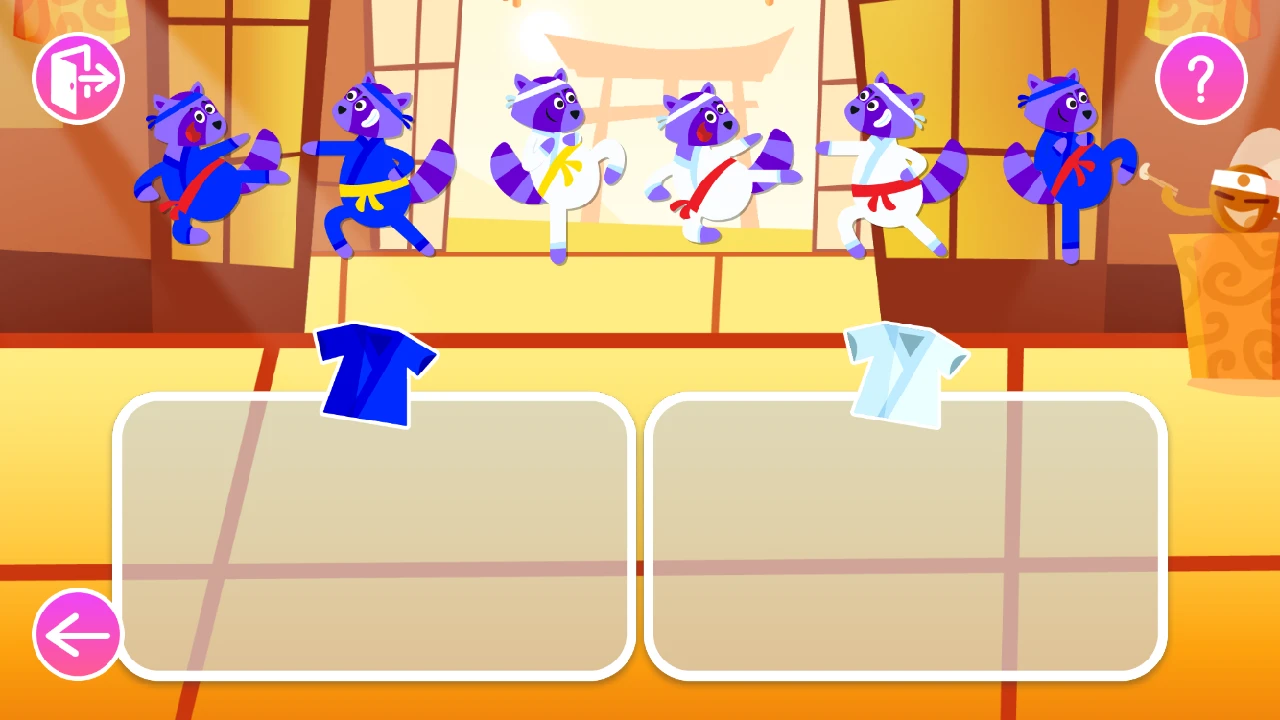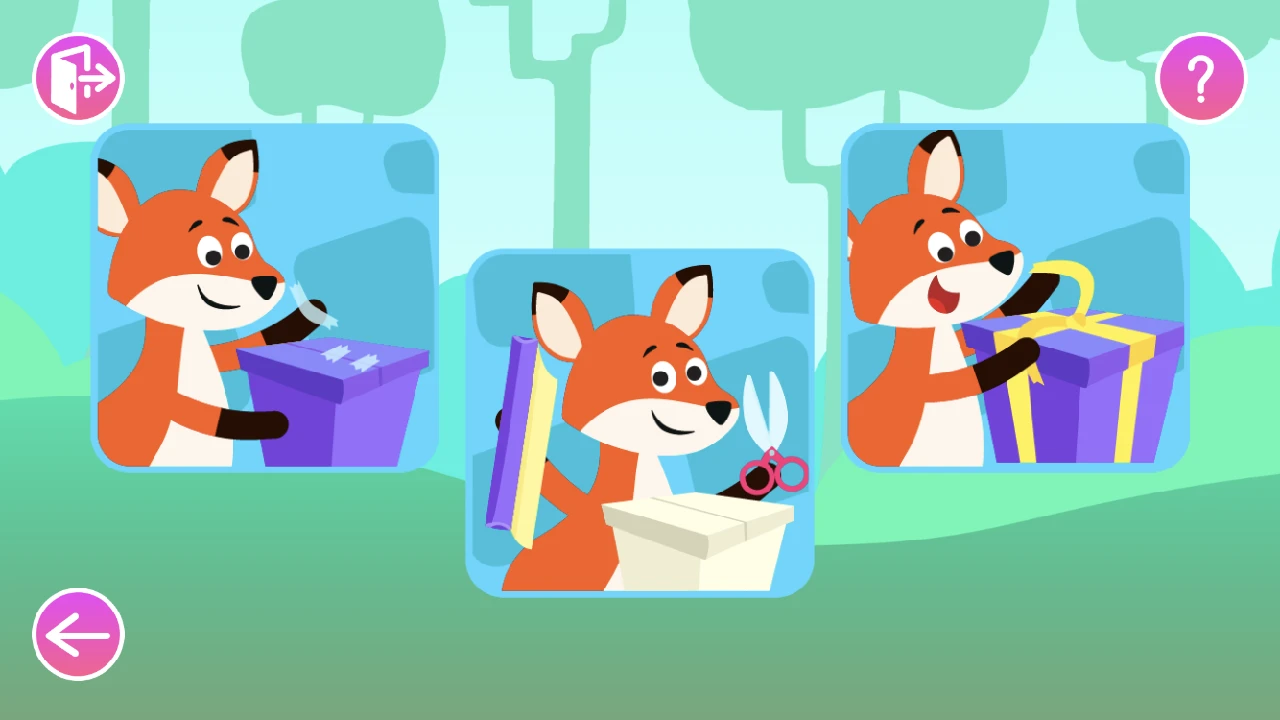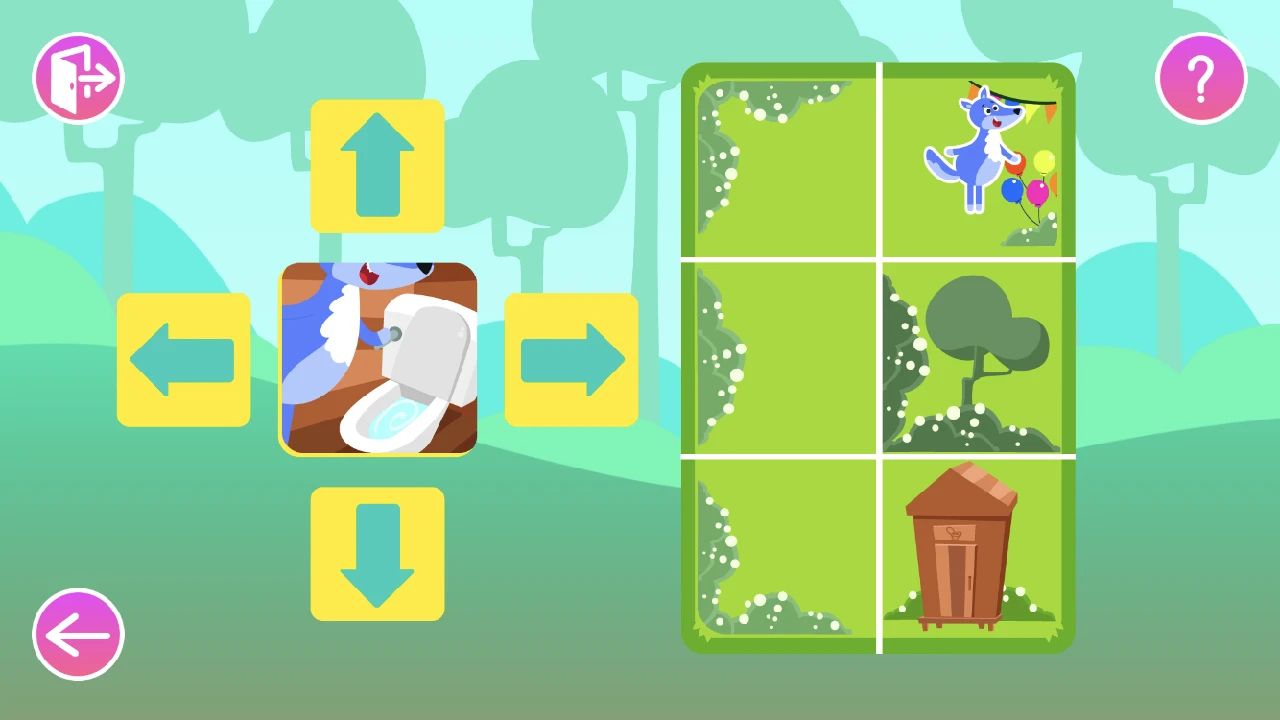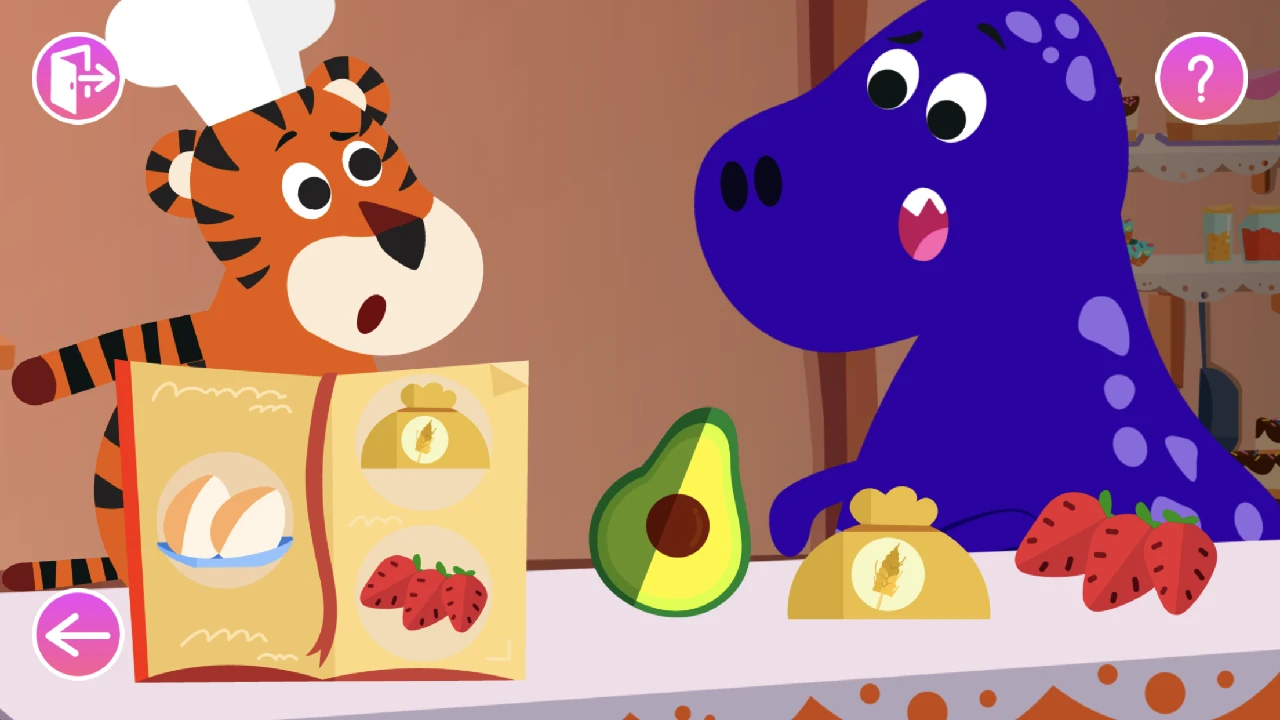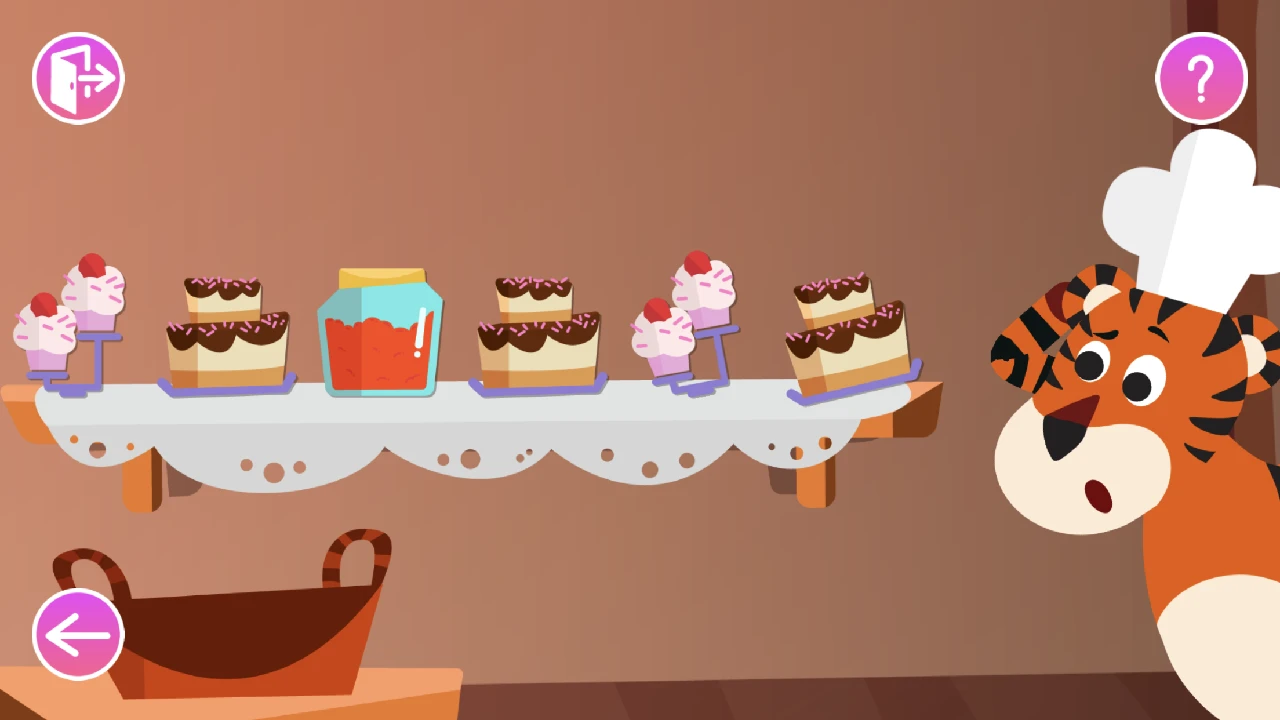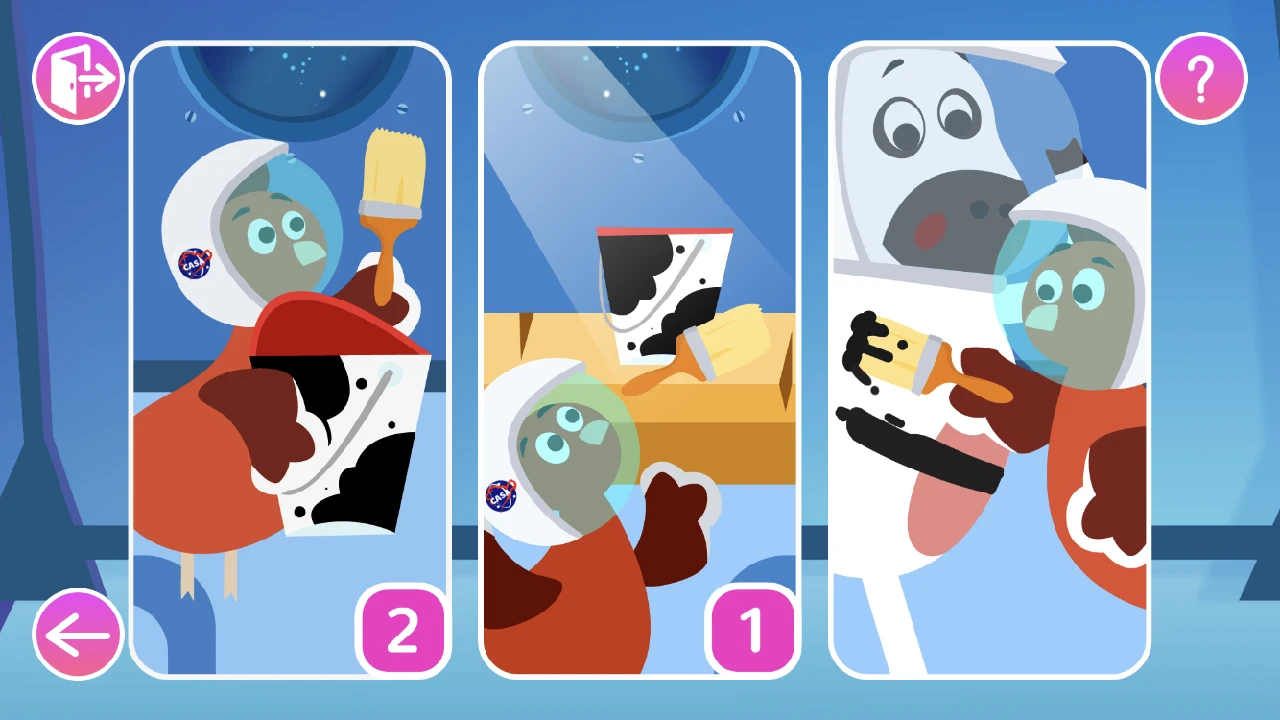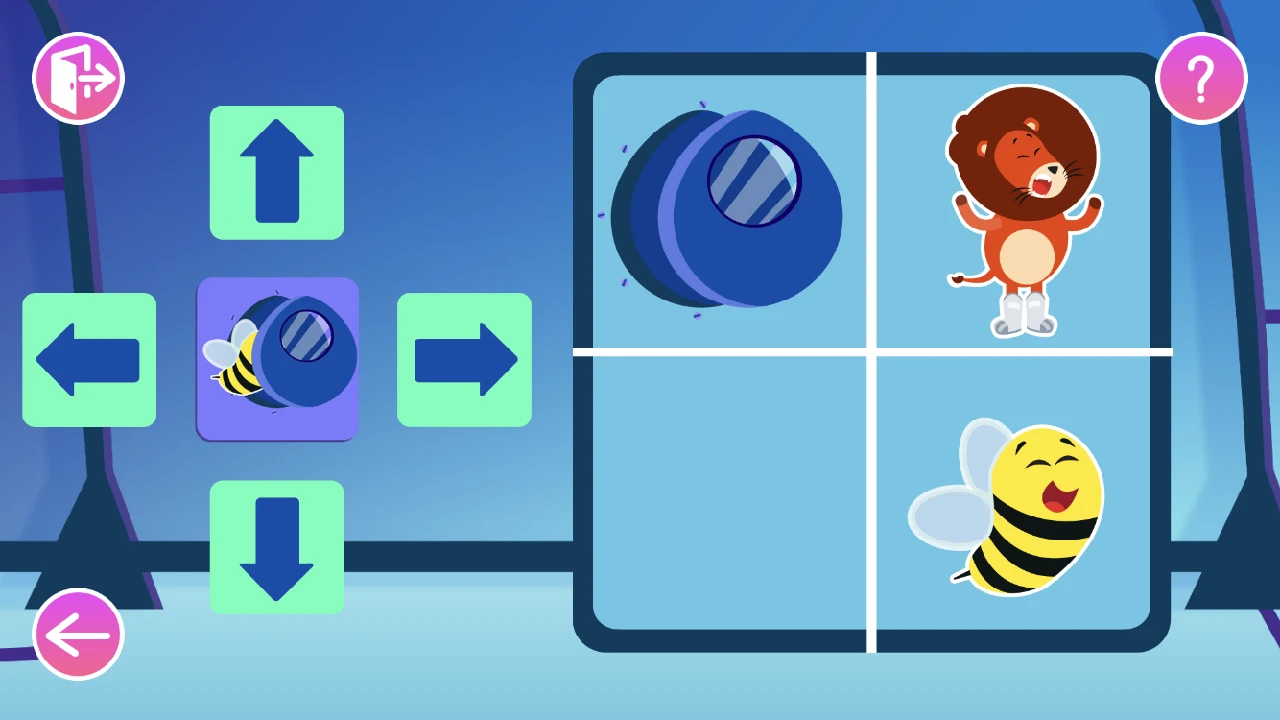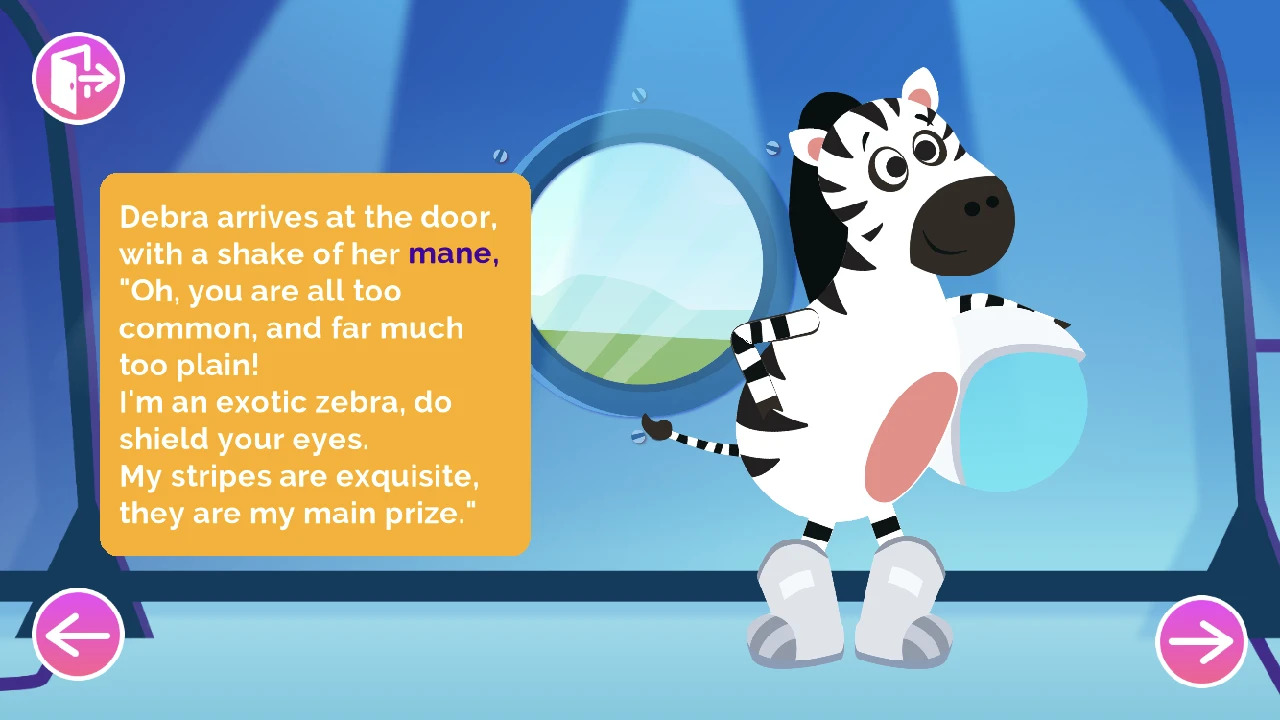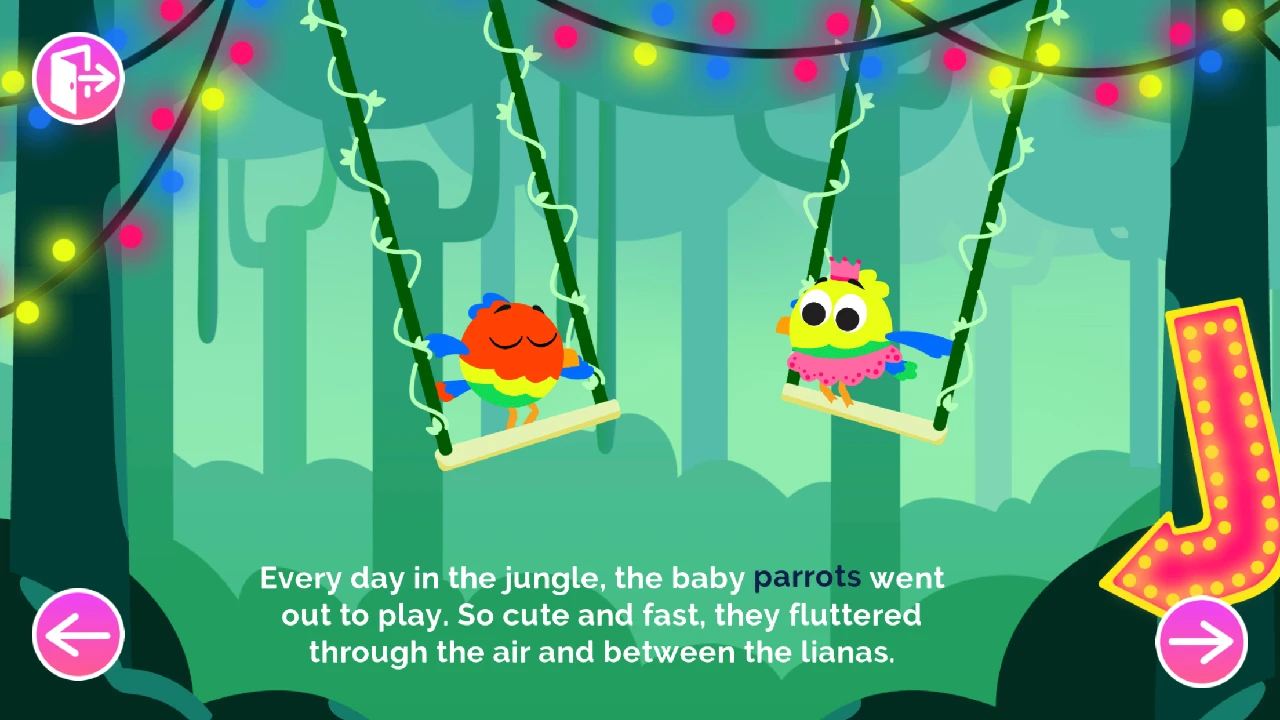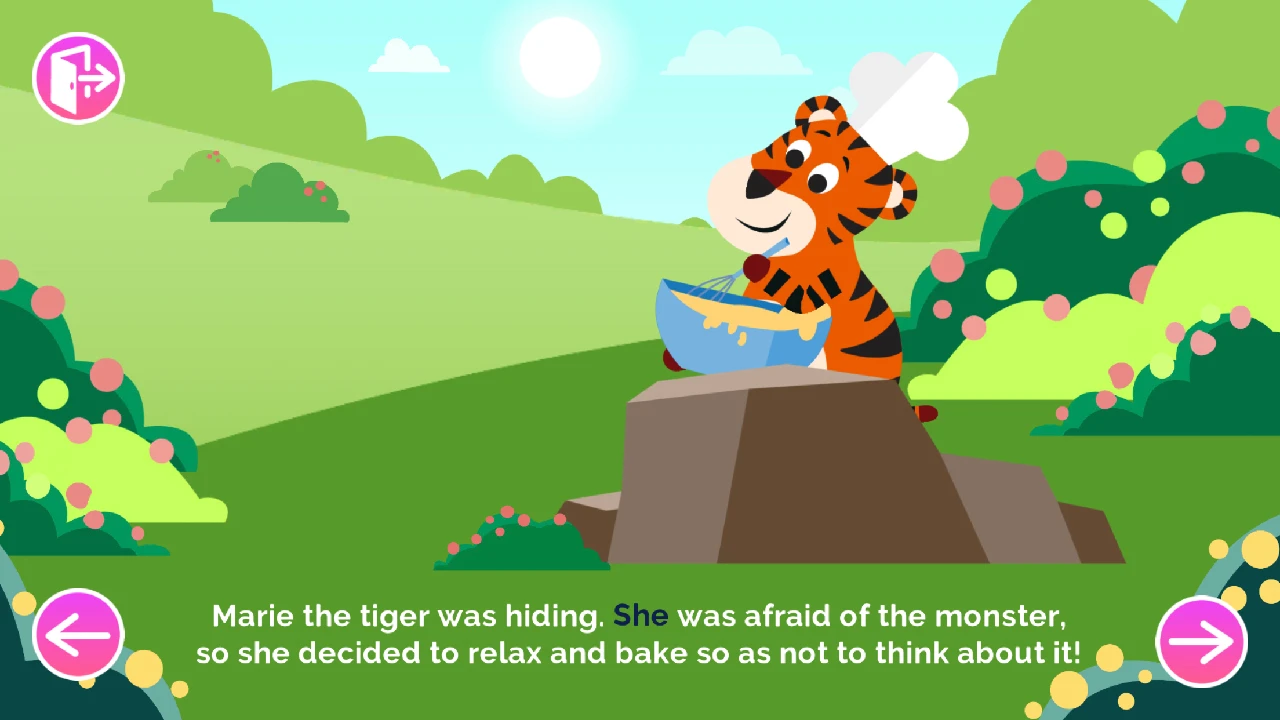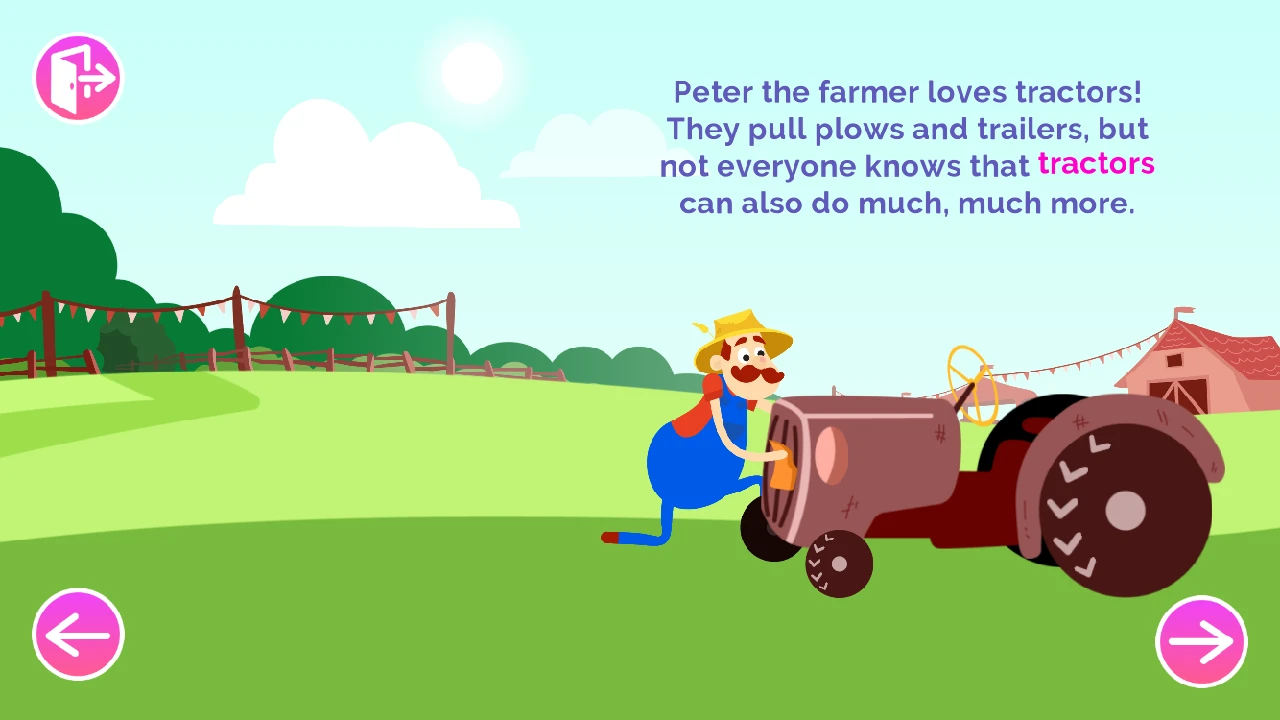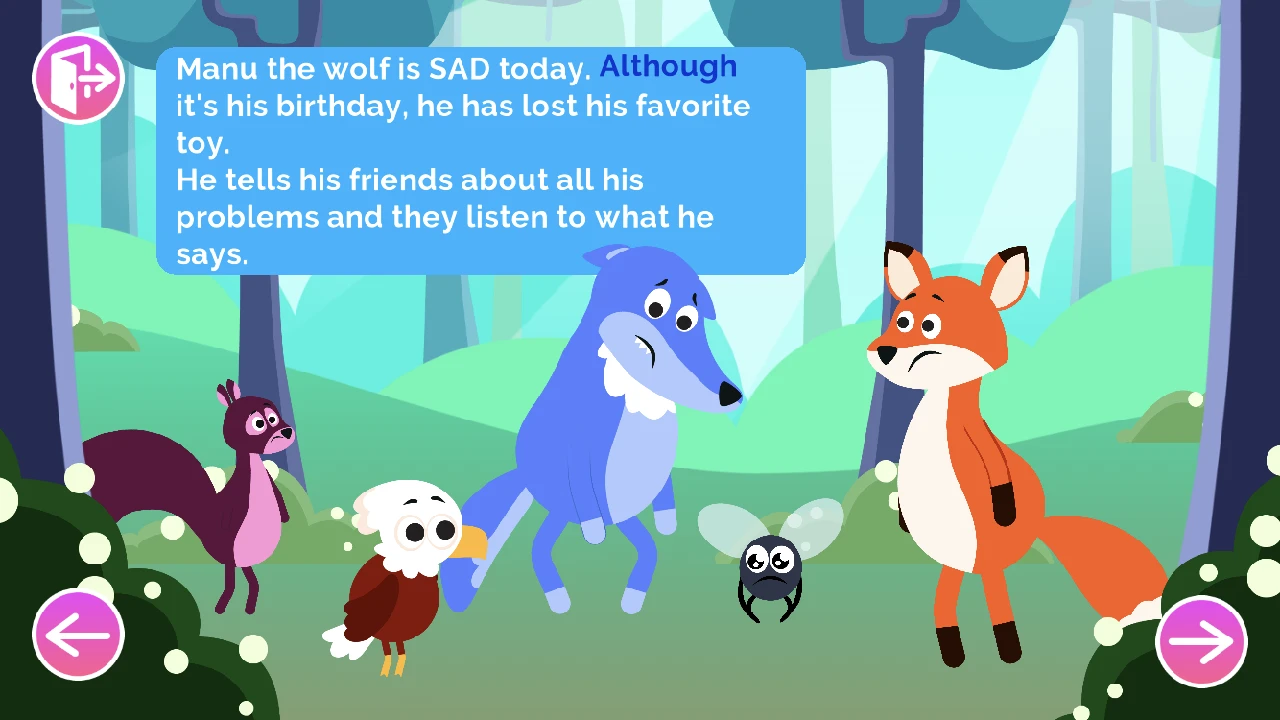Logic sequencing is a fundamental cognitive skill that helps children understand and interpret the world around them. It involves recognizing and comprehending the logical order of events or objects. Developing logical sequencing abilities is crucial for problem-solving, critical thinking, and understanding cause-and-effect relationships.
The ability to organize information, objects, or events in chronological order is known as logical sequencing. It involves understanding the relationship between different elements and arranging them according to a specific pattern or rule. By developing logic sequencing skills, children can comprehend and analyze processes, stories, and instructions more effectively.
Here are some practical activities that parents and teachers can use to help children develop their logic sequencing abilities:
Parents and teachers hold the key to unlocking the power of logical sequencing in children. With the help of Smart Tales, an educational platform offering a diverse range of stories, games, and educational worksheets, teaching logical sequencing becomes an exciting and enriching learning experience.
Below, you will find a selection of the most interesting and enjoyable interactive stories available in the Smart Tales app regarding logic sequencing. Let your child dive into captivating tales that encourage the development of sequential thinking, logical associations, and problem-solving skills. Join the Smart Tales characters on their exciting adventures!
In the vast array of interactive and educational games within the Smart Tales app, your child can embark on an exciting journey of logic sequencing, engaging with puzzles, challenges, and activities designed to enhance their sequential thinking abilities. Explore the digital world of Smart Tales and witness the growth of your child’s logical reasoning and spatial perception skills.
Through the carefully designed and curated educational worksheets of Smart Tales, created with care and attention by experts in pedagogical education, your child can practice and reinforce logic sequencing skills. These engaging worksheets provide hands-on exercises and challenges that encourage children to think critically and organize information in logical sequences. Print and discover the joy of learning!
Logic sequencing plays a vital role in a child’s cognitive development. By honing their ability to understand and create logical sequences, children become better equipped for problem-solving, critical thinking, and comprehension of various subjects. Smart Tales offers a wide range of interactive stories, games, and educational worksheets to support and enhance children’s logic sequencing skills. By engaging with these resources, children can embark on a journey of discovery and development, paving the way for a lifelong passion for learning and logical reasoning.


